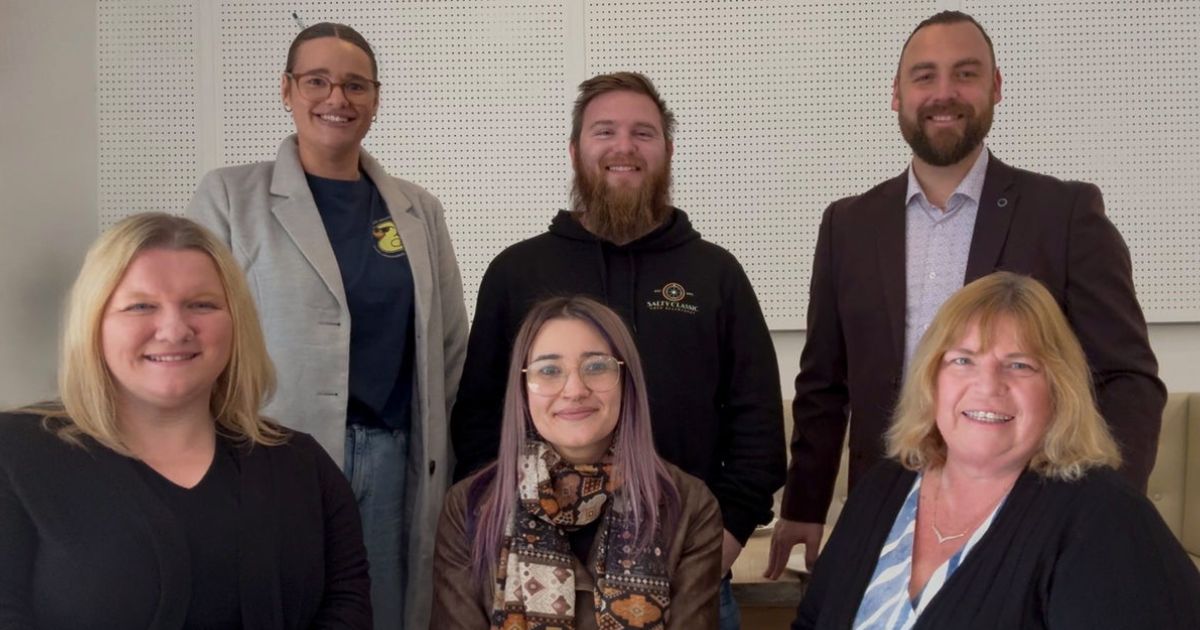Deakin guide blue carbon research
DEAKIN University’s Blue Carbon Lab is looking to guide future research on blue carbon, with its recently published study revealing the top 10 questions for the emerging area of marine science.
Research on blue carbon is seen as vital because of its potential to combat climate change.
Blue carbon traps atmospheric carbon dioxide, which then offsets carbon emissions.
The organic carbon is captured and stored by the oceans and coastal ecosystems, particularly vegetated coastal ecosystems.
Deakin’s 10 questions were developed through consultation with the world’s leading blue carbon researchers. The paper focuses on the areas where research is most urgently needed.
Blue Carbon Lab director and associate professor Peter Macreadie said it was crucial that the research on blue carbon focused on the right areas.
“We asked more than 30 scientists, who have authored the 50 most-cited papers on blue carbon science, what they most wanted to know about blue carbon.
“Because this is such a critical area of emerging science, we needed to identify key questions and challenges to consolidate progress in blue carbon science and inform current debate.”
The report was co-authored by scientists at King Abdullah University of Science and Technology (KAUST) in Saudi Arabia, and was published in a recent edition of Nature Communications.
KAUST professor of marine science Dr Carlos Duarte said the report would influence the future of blue carbon research.
“This work has informed the United Nations Framework Convention on Climate Change and is considered fundamental to mitigating the effects of global warming to protect our people and planet.”


















